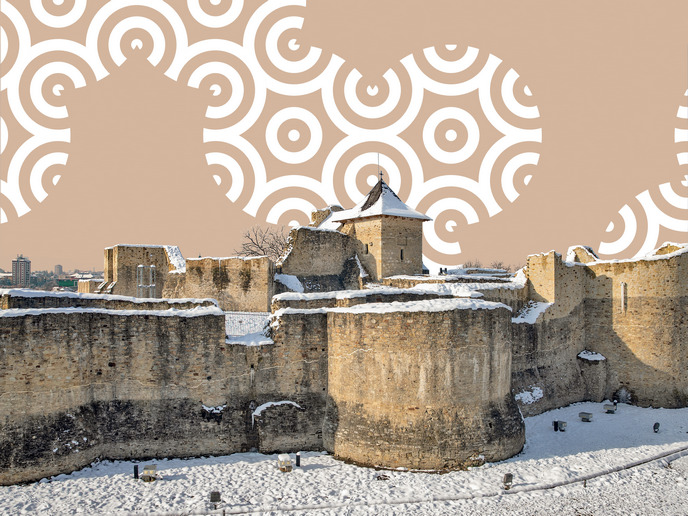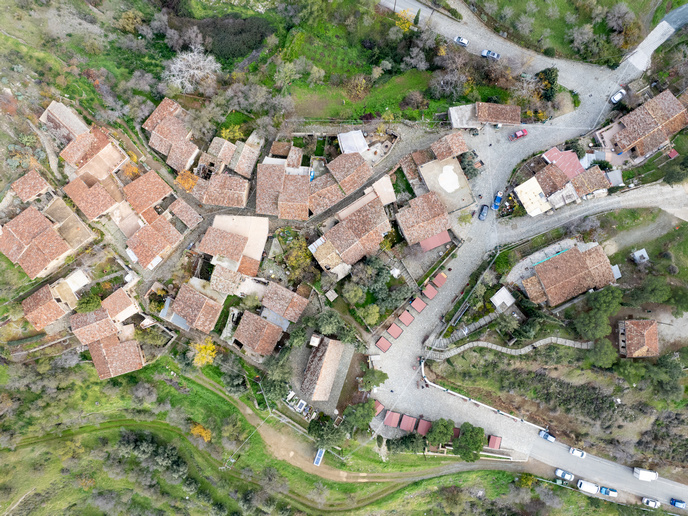Revitalising European cultural tourism
Cultural heritage is often deeply rooted in the identity of a region. Preserving and promoting cultural heritage helps local communities maintain a sense of place and belonging. Breathing new life into underutilised or abandoned historic buildings and sites can revitalise communities, generating revenue and employment opportunities in regions that may otherwise struggle economically. Involving local communities in cultural heritage preservation and promotion empowers them to take ownership of their heritage. This engagement can lead to community-driven initiatives and a sense of responsibility for the region's development.
Working towards circular tourism across Europe
The EU-funded Be.CULTOUR project focuses on Europe's remote, rural, and less-known destinations and aspires to redefine cultural tourism through a circular economy approach. Circular tourism aims to reduce negative environmental impacts while promoting overall sustainability. It focuses on waste reduction, resource conservation, green transportation, and support for local products. Be.CULTOUR has brought together a network of innovators, including public institutions, civil society organisations, and companies to co-develop strategies, tools and solutions for the integration of a human-centred circular economy in cultural tourism. It seeks to regenerate and valorise cultural heritage, empowering local communities by creating sustainable jobs and enhancing entrepreneurial capacity. “Participants view cultural tourism as instrumental in learning about European culture and history, thereby strengthening European cultural identity, social cohesion, and well-being,” explains project coordinator Antonia Gravagnuolo.
Community networks and actions
The project has formed a community of dedicated regional representatives who aspire to shape the future of cultural tourism in their areas. This community shares a vision for a circular, human-centred society and has worked together to address challenges in remote or overexploited areas related to cultural tourism. The community comprises six pilot ecosystems in Aragon (Spain), Basilicata (Italy), Larnaca (Cyprus), Västra Götaland (Sweden), Vojvodina (Serbia), and the cross-border area of North-East Romania and Moldova, alongside another 16 regions which will replicate the pilot methodologies and tools and adapt them to their own regional context. Action plans encompass innovative strategies for integrating circular cultural tourism within local and regional development frameworks. Solutions include platforms for digital nomads, European cultural routes, and innovative approaches to engage younger generations in cultural heritage. Additionally, the project introduces multidimensional evaluation tools and smart data management systems for strategic planning and management of circular destinations, along with place-branding methodologies to empower local communities.
Cultural tourism solutions
The initiative in Larnaca, Cyprus, promotes authentic rural experiences in traditional landscapes through homestays and hospitality in rural villages. Visitors actively participate in local activities like agriculture, landscape maintenance, and crafts. Basilicata, Italy, is exploring contemporary interpretations of cultural heritage sites through artistic creation, gamification, virtual travel experiences and creative storytelling to enhance the enjoyment of heritage. In the region of Romania-Moldova, the focus is on appreciating a more intimate reflexive inner journey, a spiritual travel experience through the cultural route of Stephan the Great. The pilot in Teruel, Spain, emphasises the cultural value of nature as heritage, promoting activities like ecotourism and adventure tourism in natural heritage sites and local rural products. Västra Götaland region, Sweden, on the other hand, seeks to create an audience for industrial heritage sites, presenting them as iconic architectural places that tell the history of European manufacturing. “The project transcends the traditional view of tourism as an objective ‘per se’, repositioning it as a tool for community building, innovation and sustainable cultural entrepreneurship, while promoting European culture, history, and identity as part of a ‘transformative’ travel experience,” concludes Gravagnuolo.
Keywords
Be.CULTOUR, cultural tourism, innovation, circular economy, European heritage, sustainable development, community empowerment







